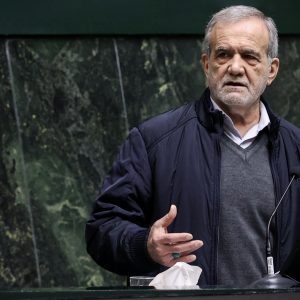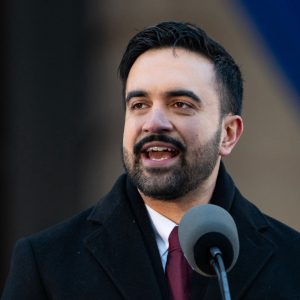Jimmy Carter: a human rights champion
Former President Jimmy Carter, who served one term in the White House and devoted decades to advancing peace and human rights, passed away on Sunday at his home in Plains, Georgia, at the age of 100.
His death was confirmed by his son and followed nearly two years of hospice care after the Carter Center announced he had ceased medical treatment for ongoing health issues.
Carter’s presidency from 1977 to 1981 was marked by significant achievements, including brokering the historic Camp David Accords between Israel and Egypt, negotiating the Panama Canal treaty, and signing a strategic arms limitation agreement with the Soviet Union. However, his tenure was also overshadowed by high unemployment, inflation, the Iran hostage crisis, and an energy crisis that saw oil prices triple, which contributed to his landslide loss to Ronald Reagan in the 1980 election.
Despite challenges in office, Carter’s post-presidency legacy earned widespread admiration. As founder of the Carter Center, established with his wife Rosalynn in the early 1980s, he championed global health initiatives and human rights. The organization’s efforts have been credited with combating diseases such as river blindness, trachoma, and Guinea worm disease across Africa, Latin America, and Asia.
In 2002, Carter was awarded the Nobel Peace Prize for his “untiring effort to find peaceful solutions to international conflicts,” a recognition of his work as a mediator and advocate for diplomacy. The prize acknowledged achievements such as the 1978 Camp David Accords and his criticism of the impending Iraq War.
Carter’s outspoken advocacy extended to controversial issues. His 2006 book, Palestine: Peace Not Apartheid, likened Israel’s treatment of Palestinians to South African apartheid. While the comparison drew sharp criticism, Carter stood firm, describing the conditions faced by Palestinians as discriminatory and oppressive. As recently as October 2023, the Carter Center called for a ceasefire in the Israel-Hamas conflict, emphasizing that “there is no military solution.”
Domestically, Carter also condemned the influence of money in politics, describing the United States as an “oligarchy with unlimited political bribery” following the Citizens United Supreme Court decision. He was ahead of his time on environmental issues, famously installing solar panels on the White House during his presidency—a symbol of his commitment to renewable energy long before it gained widespread attention.
James Zogby, founder of the Arab American Institute, praised Carter as “our greatest ex-president and a very good president,” highlighting his humility and principled leadership.
Carter’s humanitarian spirit extended to hands-on efforts, such as building affordable housing with Habitat for Humanity. His dedication to these causes inspired many, including his children.
“My father was a hero, not only to me but to everyone who believes in peace, human rights, and unselfish love,” said Chip Carter. “The world is our family because of the way he brought people together.”







